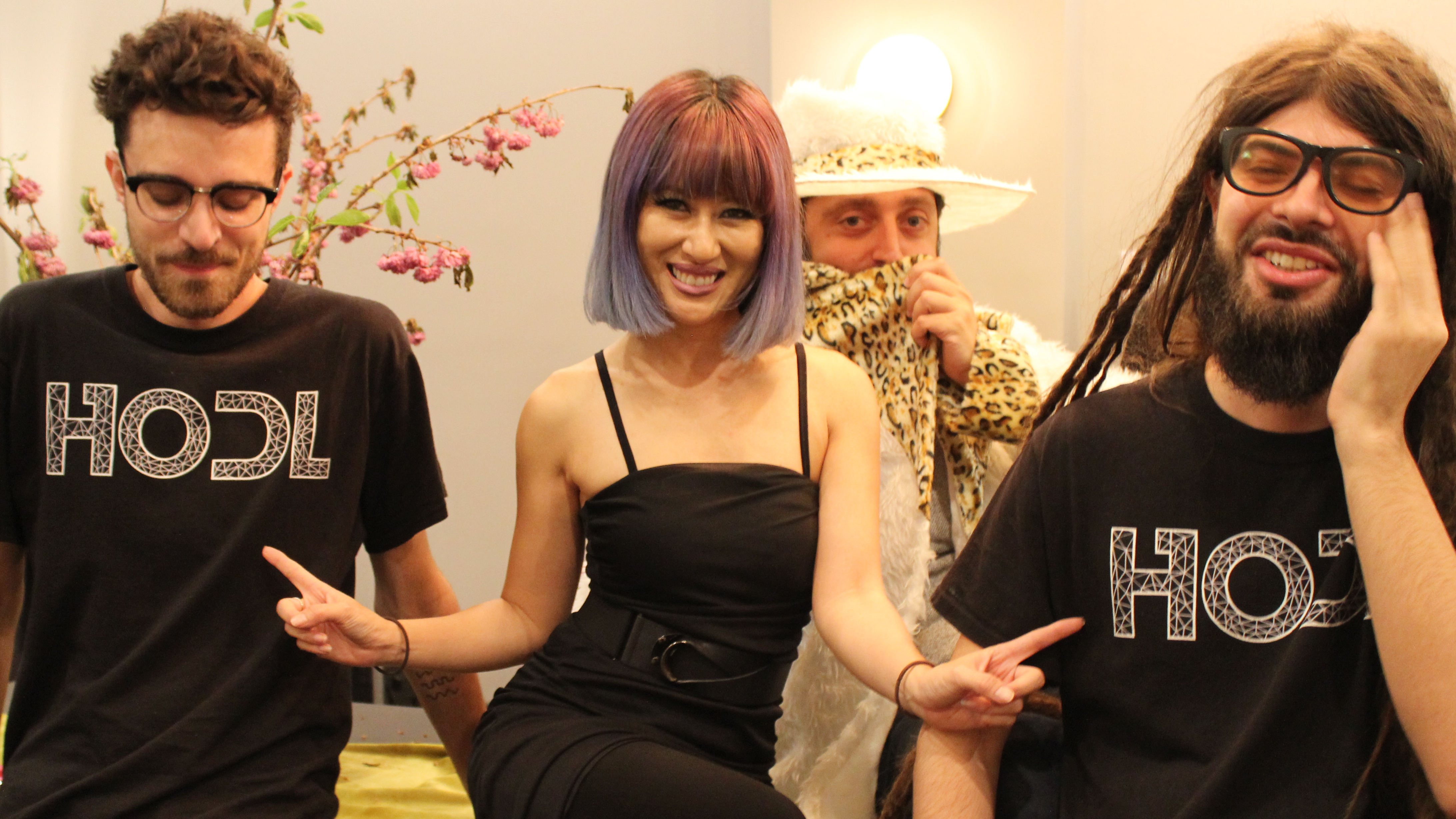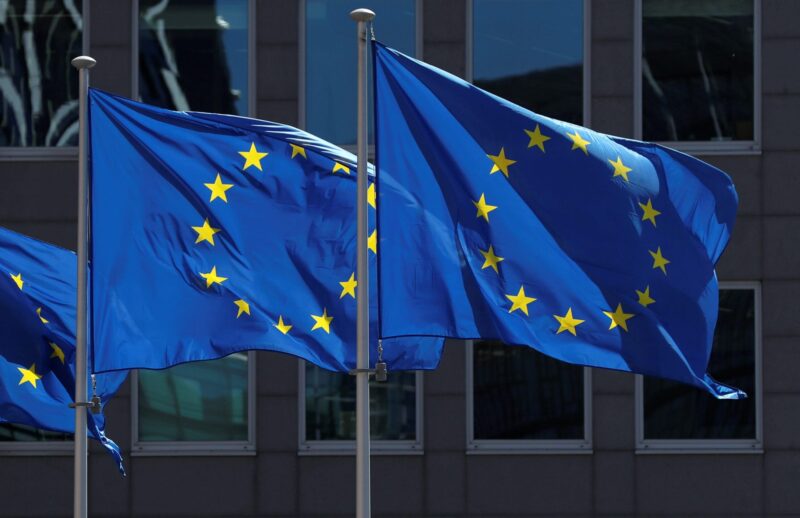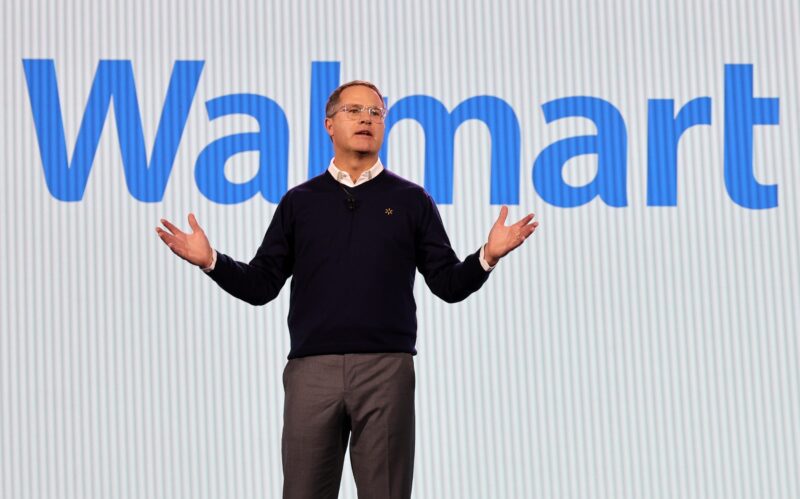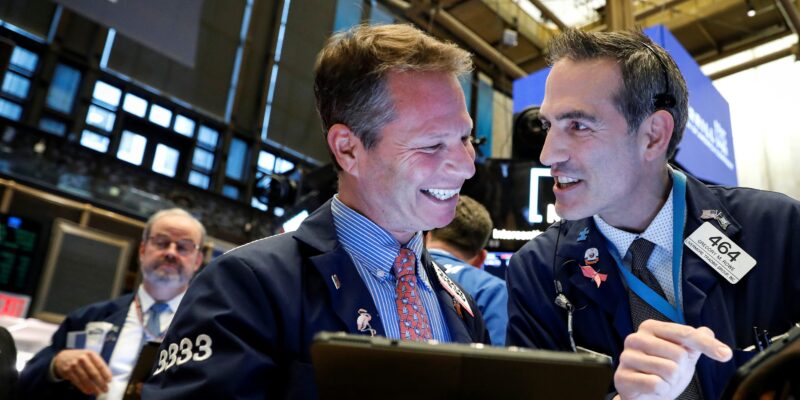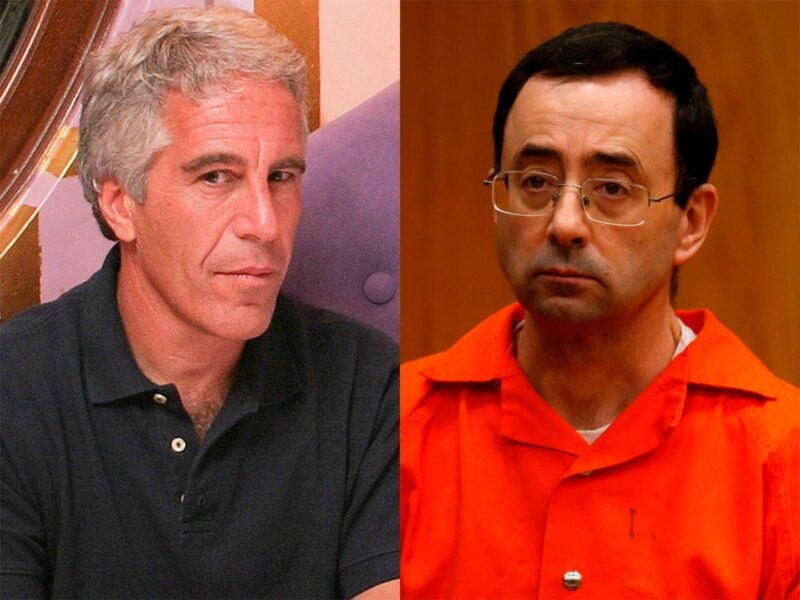Jeffrey Wernick is a hard money advocate and an independent investor. His angel investment portfolio includes early holdings in Uber and Airbnb. Wernick serves on the advisory boards of DataWallet and Qtum.
Wernick started buying bitcoin in 2009, the year it was created. He says the fact that people aren’t actively spending their bitcoin is not a sign of weakness or due to the cryptocurrency’s limitations. He believes people aren’t spending their bitcoin because it is “good money” that they value more than the dollars it can be traded for. Following is a transcript of the video.
Sara Silverstein:You’ve been buying since 2009, have you been spending any ofit?
Jeffrey Wernick:I’ve neverspent one. I’ve never – I’veconvertedfiatinto crypto. I’ve never converted -I’veconverted crypto intofiat.
Silverstein:And what's your argument for people that say that that's proof that you can't spend it? That people aren't spending it?
Wernick:Well,I think there's something called Gresham's law that says, "Bad money forces good money out of circulation." So as long as there's bad money circulating, youwant tohold onto good money and you spend bad money. So eventually there might be less bad money-eventually bad money might become useless money,and when it becomes useless money,then people will begin circulating alternative forms of value, independent of how it's taxed.
So, I mean that's what happened in - whenever we had hyperinflations, peoplebartered goods. So those goods were not officially designed as currency, and basically you'd have said every time somebodybarter goods, that created taxable event, butat the end of the day,people didn't care, it was the only way they could have exchange in something that they had with some value.
Asyou see in Venezuela right nowpeople don't value the national currency very much, and the government has to discourage use of crypto by how most governments typically do things-is force. They have to threaten to kill you, put you in jail,all the things governments do when you don't behave the way government wants you to behave.
